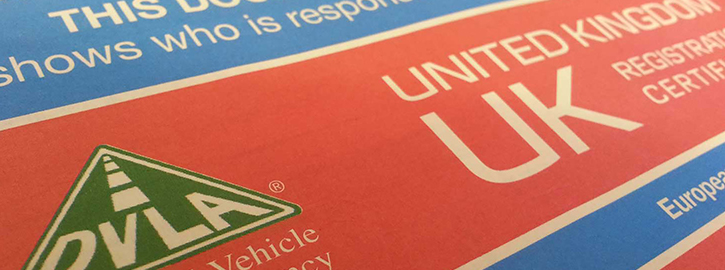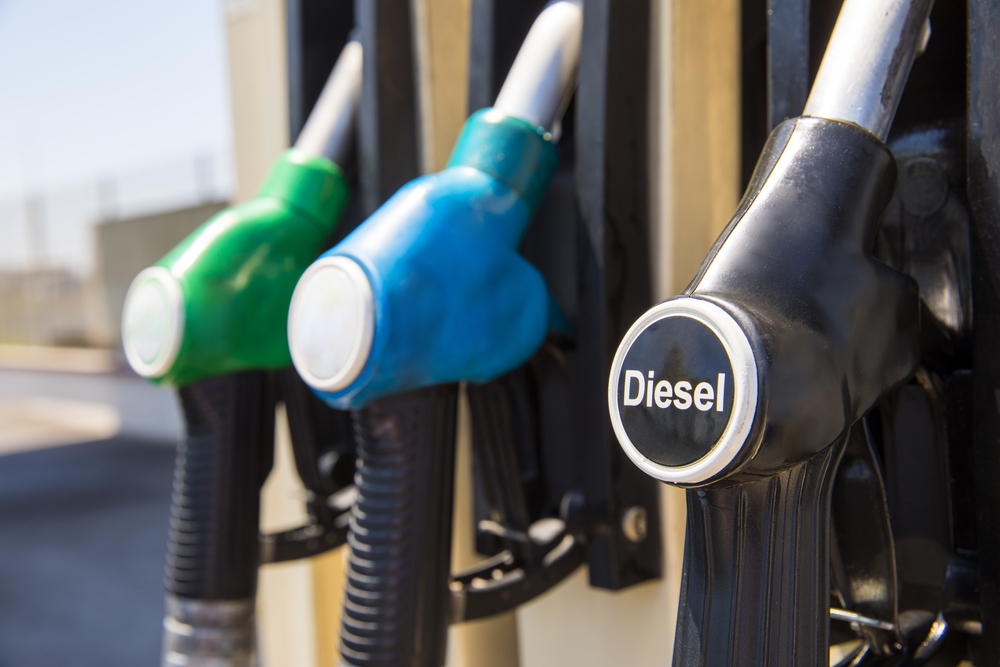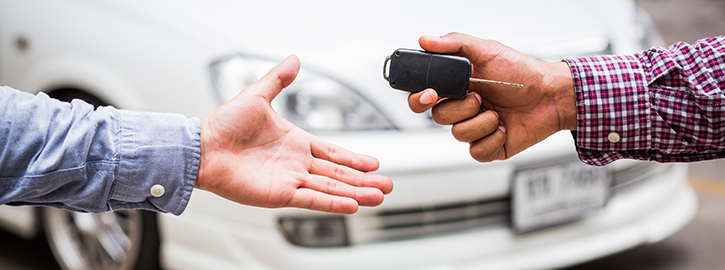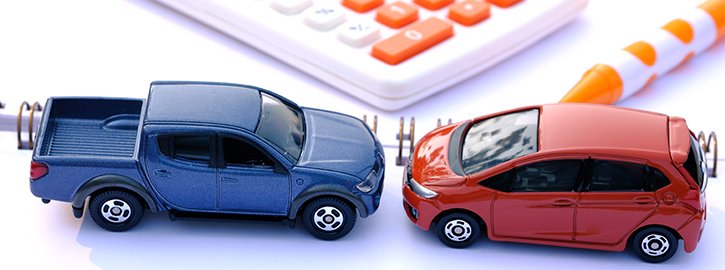What Affects the Value Of My Car
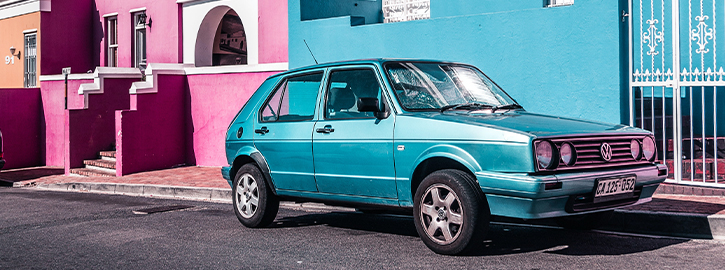
What Affects The Value Of My Car?
If you are looking to sell your car, whether online, privately or part exchanging, there will be a number of factors that affect the value of the vehicle. Some are obvious, like if the car has suffered any damage in the past, while others are more subtle, such as the colour of the paintwork.
In this guide we’ll take a look at the majority of factors that affect the value of a car when it's time to sell. Plus, we’ll be showing you how to retain and potentially increase your car’s resale value.

10 Factors That Affect a Car's Valuation
So, what actually affects the resale value of your car? The essence of the resale value is dependent on how well the car has been taken care of. Any damage, whether interior or exterior, will reduce the car’s value. Most modifications will deduct money from the car’s valuation. But there are other variables that you can’t really control that will impact the value too, such as mileage and age.
1. Age
As years go on, cars tend to depreciate in value. Usually, the older they are, the lower the value (unless it’s a rare or classic car). A car just one-year older, with exactly the same mileage, will deduct 2% from the car’s value. So, for a £15,000 car, after one year will remove £300 from the cost. Technology advances and certain models become outdated, hence the reduction in value.
2. Service History
Making sure your car has a full service history is crucial in increasing or maintaining the value of your car, as it assures any interested parties that the vehicle has been well looked after and checked over regularly by experts and professionals. Not having a full-service history can impact the value of a vehicle by as much as 7%. So, it’s worthwhile keeping on top of servicing.
Store the receipts from each servicing as evidence that they’ve taken place.
3. Previous Owners
In some cases, the number of previous owners doesn’t matter too much when it comes to the valuation of a car, but it depends on the make and model. As an example, convertibles are likely to have had more owners than the average car as people tend to buy them for the summer and then sell them on.
If a standard family hatchback has had a high number of owners, the chances are that the value will be lower than the same model with only a few previous owners.
4. Modifications
If there have been any modifications made to your car over the years, they’ll have an impact on the overall value. The unfortunate news is that most modifications will mean a reduction in value, as the majority of buyers prefer vehicles that are unmodified.
There may also be some issues with insuring a car that has been modified, as some insurance companies may decide to refuse an insurance request, depending on the extent of the modifications.
5. Overall Condition of the Car
It seems pretty obvious to say, but the condition of your car will affect its overall value. Simple things such as wear and tear can reduce the value slightly, but bigger issues can affect things even further. Making sure that you repair any damaged parts of the car is important to help maintain its value.
The amount in which certain issues affect the value of a car will depend on the make and model. For example, with a really expensive or classic car, even a small chip in the paintwork can reduce the value by a lot, but this issue wouldn’t be as big of a deal in a cheaper or more common model of car. Selling a damaged car is a bit of a fine art.
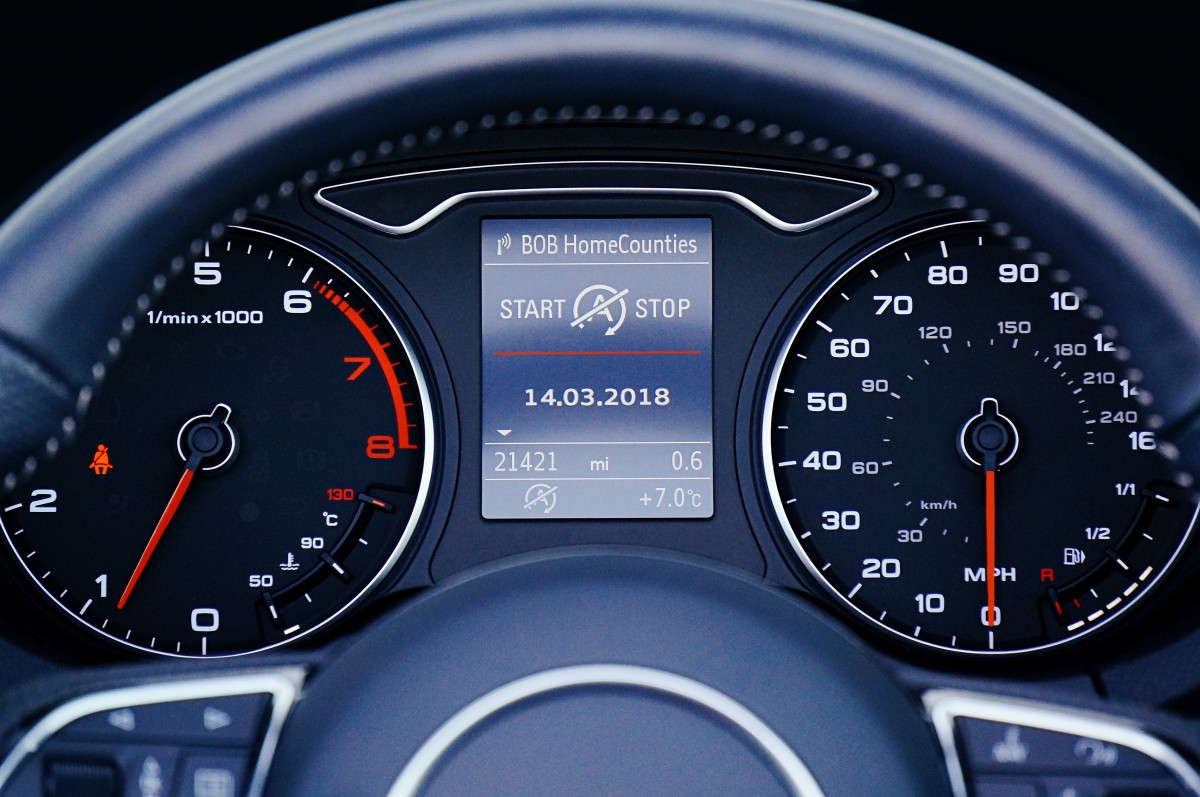
6. Mileage
The higher the mileage, the lower the value of the car tends to be. That’s because high-mileage cars usually need more upkeep which can be expensive. Every 10,000 miles will deduct around 5% from the car’s value. So, you’ll find that lower mileage cars will have a better valuation.
7. Colour of the Car
One of the less obvious factors that affects the value of your vehicle is the colour of the paintwork. Less common colours are often worth more but there’s no particular rule for which colours can raise the prices and value the most.
8. Time of Year
Dates in the calendar can also affect the value of a car, depending on the type of vehicle in question. For example, SUVs and bigger four-wheel drive cars are often worth more in the winter months, as there is more demand for cars that cope well in snow and ice. Alternatively, convertibles tend to be worth more in the summer when demand is high.
9. Geographical Location
In some cases, certain types of cars can also sell better in certain regions. For example, if you’re selling a sports car you may want to list it in inner city areas like London, as this is where they’ll be more suitable to drive. On the flip side, off road cars are likely to be worth more in countryside areas such as the Lake District or the Highlands.
10. Manufacturer and Model
Some car brands have more prestige than others, and thus carry a greater value than more common brands. For example, selling your Mercedes is likely to bring in more money and retain more value than brands such as Ford due to the prestige and reputation of the brand.
How to Maximise & Maintain the Value of Your Car
While you can’t control every factor that decides the value of your car when selling it, there are still some steps you can take to increase or retain the car’s resale value, even by as much as 7%. Discover how below.
Having a Full-Service History Can Impact the Value of the Car by as Much as 7.1%
One factor that can affect the value of your car the most is having a complete service history - as much as 7.1%. In fact, not having a full-service history impacts the car value more than having a car in a below-average condition (6.7%). That’s because a full-service history indicates that you have looked after the car and maintained it properly. This also gives buyers a clear picture of all the work that’s been carried out.
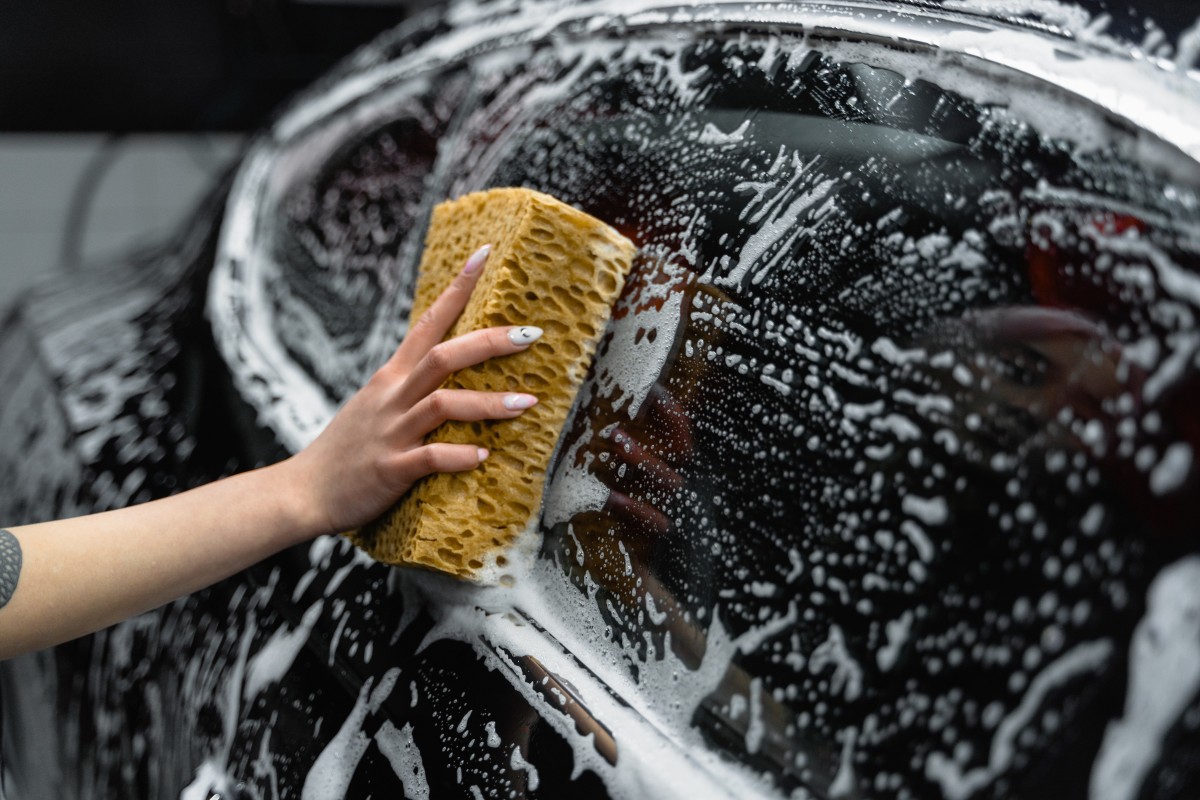
Cleaning Your Car is the Easiest Way to Retain Value
Perhaps one of the easiest ways to retain or add value to your vehicle is by cleaning it. After all, first impressions count and a clean car tells a buyer you’ve taken good care of the vehicle.
You can enlist the help of professionals to clean the vehicle. Or, save yourself money and do it yourself. Cleaning the inside and outside are both important. Just remember to use products designed for the car on the exterior, such as car shampoo, wax and sealant. Otherwise, you can damage the car and potentially devalue it. Things like dish soap are actually an abrasive soap on cars. They’ll remove the wax on the vehicle and speed up the oxidation process.
A Recent MOT Can Increase Your Car’s Resale Value by £631
When an MOT costs just £50, it’s well worth spending that money to boost your car value. On average you could get £631 more for your car with an MOT, compared to cars with no MOT or an MOT due to expire in three months.
Car owners could get a nice £581 profit (deducting the £50 MOT cost) from getting an MOT. You should also get a valid MOT certificate if you’re still driving the car, as without one it’s illegal.
Gerry Maguire from Goodbye Car noted, ‘drivers could receive a huge fine of £1,000 but this can go up to £2,500 if you’re driving a dangerous car without an MOT. You could also receive a fine and points, which can include 3 points on your licence. In the most severe cases, drivers could be disqualified. Some police officers may let you off with a warning, however, it’s certainly not worth the risk.’
Repairing Scratches and Dents Can Impact the Car’s Value by 2.1% - 6.7%
Vehicles that need SMART (small to medium area repair technology) repairs can decrease the resale value by as much as 6.7%. Most buyers will look at any damage on a car and try to figure out how much it will cost them to repair, in turn, deducting that amount from how much they will pay for the car. More often than not SMART repairs pay for themselves. However, if you’re planning to sell your car on the lower end of the scale, it might not be worth paying £150-£300 for repairs.
Adding Window Tints Can Make Your Car More Desirable
Window tints can reduce the heat inside your car by up to 60% in the summer months, this can reduce air con usage and lessen gas consumption. So, it’s no wonder that having window tints can add to a vehicle’s resale value.
Not only can window tints add to the value, but they may extend the value of the car. How? Well, UV rays can damage the interior of your car over the years, especially upholstery and wood trims.
Invest in New Tyres to Boost the Car Value
Tyres are another thing that a buyer will look at, and potentially ask for money reduced off the asking price to replace them if they’re worn. Most of the time, not all 4 tyres need replacing, so it shouldn’t cost too much to change. However, if one tyre needs replacing you should change the tyre on the opposite side of the axle to prevent any imbalance.
How Can I Find Out The Value Of My Car?
Find out the value of your car is to use the GoodBye Car Free Car Valuation service. It only takes a few seconds, and all you need to do is enter your car’s registration plate number.
You’ll then be given a valuation for your vehicle and can book an appointment at one of our GoodBye Car locations around Scotland.
There are never any hidden fees either, as we make the selling process as simple and easy as possible.

